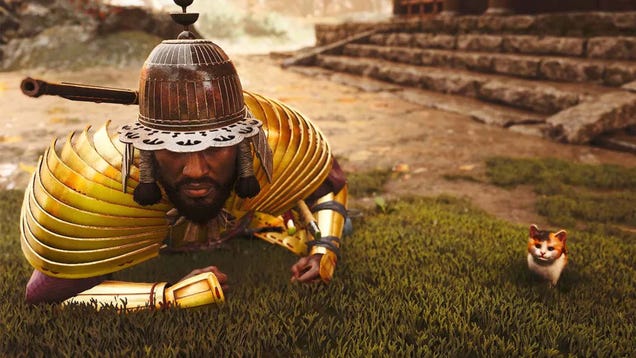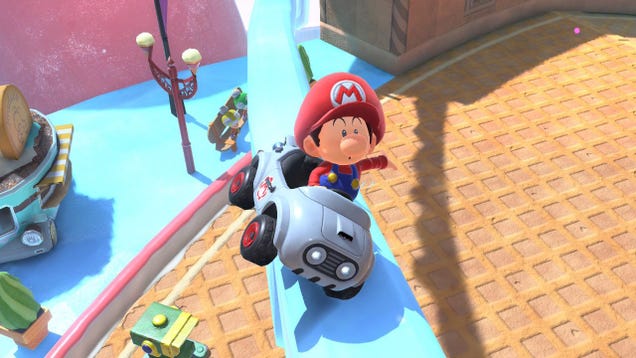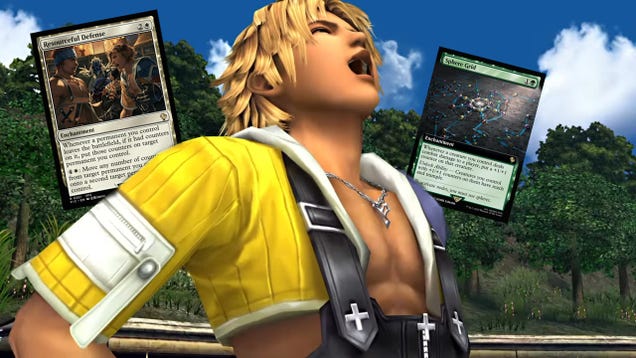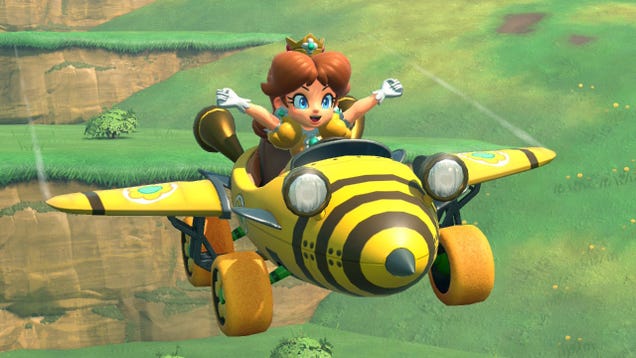Surprising Reason You Can’t Kill Animals in Assassin’s Creed Shadows
Alright gamers, listen up! Ever found yourself sneaking through some digital bushes, ready to take down your target, but then BAM! A cute little critter pops out, and you suddenly feel… guilty? Yeah, us too. Well, get this: the brand spanking Assassin’s Creed Shadows has decided to make that particular moral dilemma a thing of the past. That’s right, in the lush, historically-inspired world of feudal Japan, you can’t harm a single animal. Zero. Zip. Nada.
Now, if you’re an Assassin’s Creed veteran, you know this is kind of a big deal. Previous games often had you hunting animals for crafting, resources, or just because they got in your way. Think boar encounters in *Valhalla* or skinning deer in *Black Flag*. So, the fact that *Shadows* is going full PETA-approved (for pixelated animals, anyway) is a pretty noticeable shift. We were just as curious as you are: why the change of heart (or lack thereof, for the virtual wildlife)? And good news, Ubisoft has spilled the beans!
Why the Animal Armistice? It’s Not Just About Fluff
So, you can take down plenty of human foes with your katana or hidden blade (it wouldn’t be Assassin’s Creed otherwise, right?), but those adorable digital deer? Totally safe. Ubisoft didn’t just wake up one day and decide “let’s protect the virtual bunnies!” There’s actual thought and rationale behind this design choice. It boils down to a few key factors that ultimately shape the *Shadows* experience.
Focusing the Gameplay Loop
One of the primary reasons, according to the folks at Ubisoft, is about streamlining the core gameplay experience. In many open-world RPGs, and yes, plenty of past Assassin’s Creed titles, hunting and gathering resources from animals can become a significant part of the loop. You track creatures, take them down, collect materials, and then use those materials to upgrade your gear, craft potions, or complete quests.
While that can be satisfying for some players, it also adds a layer of complexity and potentially a repetitive grind. For *Shadows*, Ubisoft seems to be aiming for a more focused experience. By removing the need to hunt animals, they direct the player’s attention towards other aspects of the game: the main narrative, exploration, combat encounters (the human kind!), stealth mechanics (which are heavily emphasized with the dual protagonists Naoe and Yasuke), and interacting with the world’s social and political elements.
Removing animal hunting means fewer menus to navigate for crafting, less time spent tracking digital wildlife, and more time doing the things the game really wants you to do. It simplifies the overall progression system, letting players focus on character development, mission objectives, and mastering the combat or stealth styles of their chosen protagonist.
Respecting the Historical Setting (and the Animals Within It)
Feudal Japan had a deep connection with nature, and animals held significant cultural and symbolic importance. While hunting certainly occurred out of necessity or for sport, it wasn’t always treated with the same casual disregard often seen in video games. Different animals had different meanings, and certain creatures were even considered sacred or connected to specific deities.
Ubisoft’s decision to make animals invulnerable could be seen as a way to reflect this cultural context, albeit in a simplified, gamey sort of way. Instead of just being generic resources to be exploited, the animals in *Shadows* exist as part of the vibrant, living world. They add to the atmosphere, populate the environments, and contribute to the sense of place without being tied to a gameplay mechanic that involves their demise.
Think about it: does seeing a majestic deer graze peacefully in a moonlit forest enhance the immersion more than having to awkwardly chase it down for a single skin? For many, the answer is likely yes. The world feels more alive, more natural, when its animal inhabitants aren’t just interchangeable loot drops waiting to happen.
Ethical and Player Preference Considerations? Maybe.
While not explicitly stated as a primary driver, it’s also possible that player feedback and evolving ethical considerations in gaming played a role. Some players genuinely dislike harming animals in video games, even virtual ones. For animal lovers, having to hunt and kill digital creatures can break immersion or simply be an unpleasant task.
By making animals unharmable, Ubisoft broadens the game’s appeal to players who might be put off by virtual animal violence. It aligns with a growing trend in gaming to be more mindful of player sensitivities and preferences. It’s not just about making the game “nice,” but about creating an experience that is enjoyable and accessible to a wider audience. While hardcore survival sim fans might miss the hunting mechanic, for many, the ability to explore a beautiful environment without the guilt of virtual poaching is a welcome change.
So, What Do You Do With the Animals?
If you can’t hunt ’em, what’s the point of them being there? Well, as mentioned, they contribute significantly to the atmosphere and world-building. You’ll see various creatures roaming the landscapes, adding to the visual richness and making the world feel more believable. Imagine serene forests filled with birdsong and grazing deer, or bustling villages where cats weave between people’s legs. These details bring the historical setting to life.
Furthermore, animals can still play a role in the gameplay, just not as targets for your weapons. They can serve as environmental indicators (e.g., birds flying away might signal danger), visual cues for certain locations, or simply add dynamic elements to the scene. Some may even be involved in specific quests or interactions, although it seems unlikely they will be central to the core mechanics without being tied to harm.
Think of them as elaborate set decorations and living parts of the ecosystem rather than resources. It forces the player to interact with the environment and its inhabitants in different ways, potentially encouraging more observational and less combative interactions with the non-human world.
A Sign of Things to Come?
Is this a permanent shift for the Assassin’s Creed franchise, or just a creative choice specific to *Shadows* and its Japanese setting? It’s hard to say for sure. Game design is constantly evolving, and developers are always experimenting with different mechanics and approaches.
The success of *Shadows* and how players react to this particular design choice will likely influence future decisions. If players appreciate the streamlined gameplay and the enhanced focus on other mechanics, and if the absence of animal hunting doesn’t detract from their experience, then we might see similar approaches in future Assassin’s Creed titles or even other open-world






